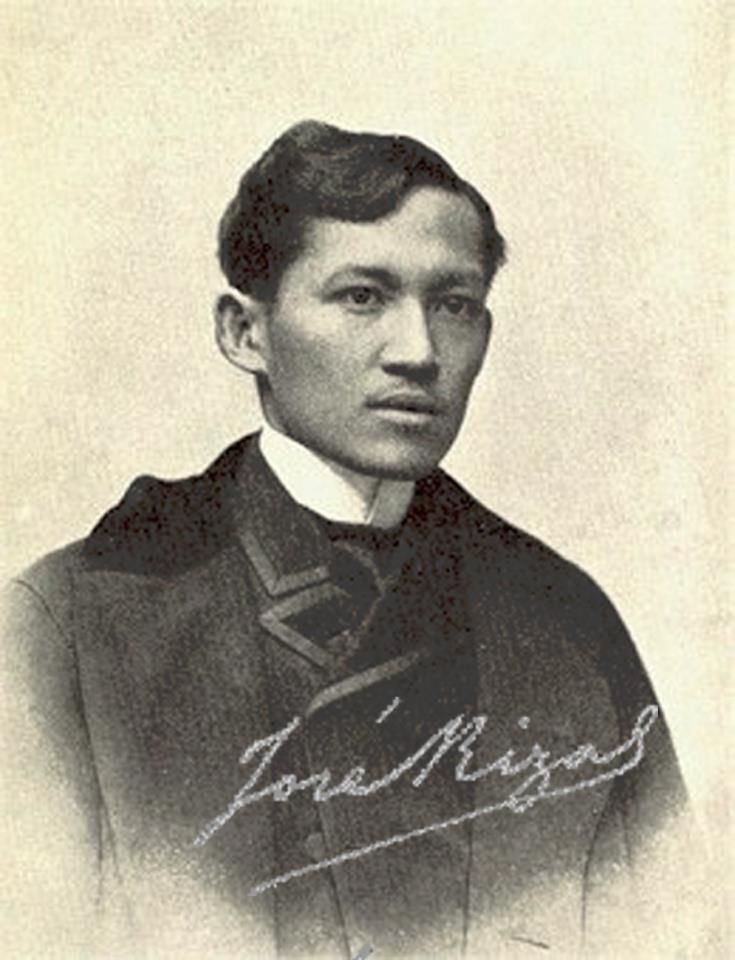
The First Areaist: José Rizal's Unfulfilled Vision for a Self-Governing Philippines
This paper examines José Rizal's writings and vision for Philippine society, arguing that his ideas about self-governance, education, and community development represent an early articulation of Areaist principles that remain profoundly relevant to contemporary Philippines.
The First Areaist: José Rizal's Unfulfilled Vision for a Self-Governing Philippines
Institute of Area Management, Iba, Zambales Philip G. Camara, Founder August 28, 2025
Abstract
This paper examines José Rizal's writings and vision for Philippine society, arguing that his ideas about self-governance, education, and community development represent an early articulation of Areaist principles that remain profoundly relevant to contemporary Philippines.
Introduction: The Prophet of Filipino Potential
José Rizal's vision for the Philippines extended far beyond independence from colonial rule. His writings reveal a sophisticated understanding of how communities could govern themselves and develop their potential from within.
Rizal's novels, particularly Noli Me Tangere and El Filibusterismo, are not merely critiques of Spanish colonial abuse—they are blueprints for an alternative society based on education, local governance, and the inherent dignity of the Filipino people. In his vision of Filipino communities managing their own affairs, educating their own children, and developing their own resources, we see the earliest articulation of what we now call Areaist principles.
Rizal's Areaist Insights
Through analysis of his novels, essays, and letters, we see Rizal advocating for local self-governance, community-based education, and economic development rooted in Filipino values and capabilities.
Education as Community Empowerment: Rizal believed that genuine education must be rooted in the community's own language, culture, and needs. His establishment of schools in Dapitan demonstrated his conviction that communities could and should take responsibility for developing their own human capital.
Local Self-Governance: In his political writings, Rizal consistently argued for local autonomy and community-based decision-making, principles that align perfectly with the consensual governance models championed by modern Areaism.
Economic Self-Reliance: Rizal's agricultural and business ventures in Dapitan showed his belief that communities should develop their own productive capacity rather than remain dependent on external powers.
The Road Not Taken
Rizal's assassination prevented the full flowering of his vision, but his ideas provide a roadmap for what Philippine development could have looked like under indigenous leadership. Instead of the extractive colonial models that followed, the Philippines could have developed as a federation of self-governing biodistricts, each managing its own resources for the benefit of its own people.
Conclusion: Reclaiming Rizal's Legacy
Understanding Rizal as the first Areaist helps us see that the path toward genuine Filipino development was charted long ago—we need only the courage to follow it. His vision of educated, self-governing Filipino communities remains as relevant today as it was over a century ago, offering an indigenous alternative to the failed models of both colonial extraction and neocolonial dependency.
About Philip G. Camara
Philip Camara is the founder of the Institute of Area Management and a leading advocate for sustainable community development through the principles of Areaism. His work focuses on transforming how communities organize themselves for collective well-being and ecological resilience.


